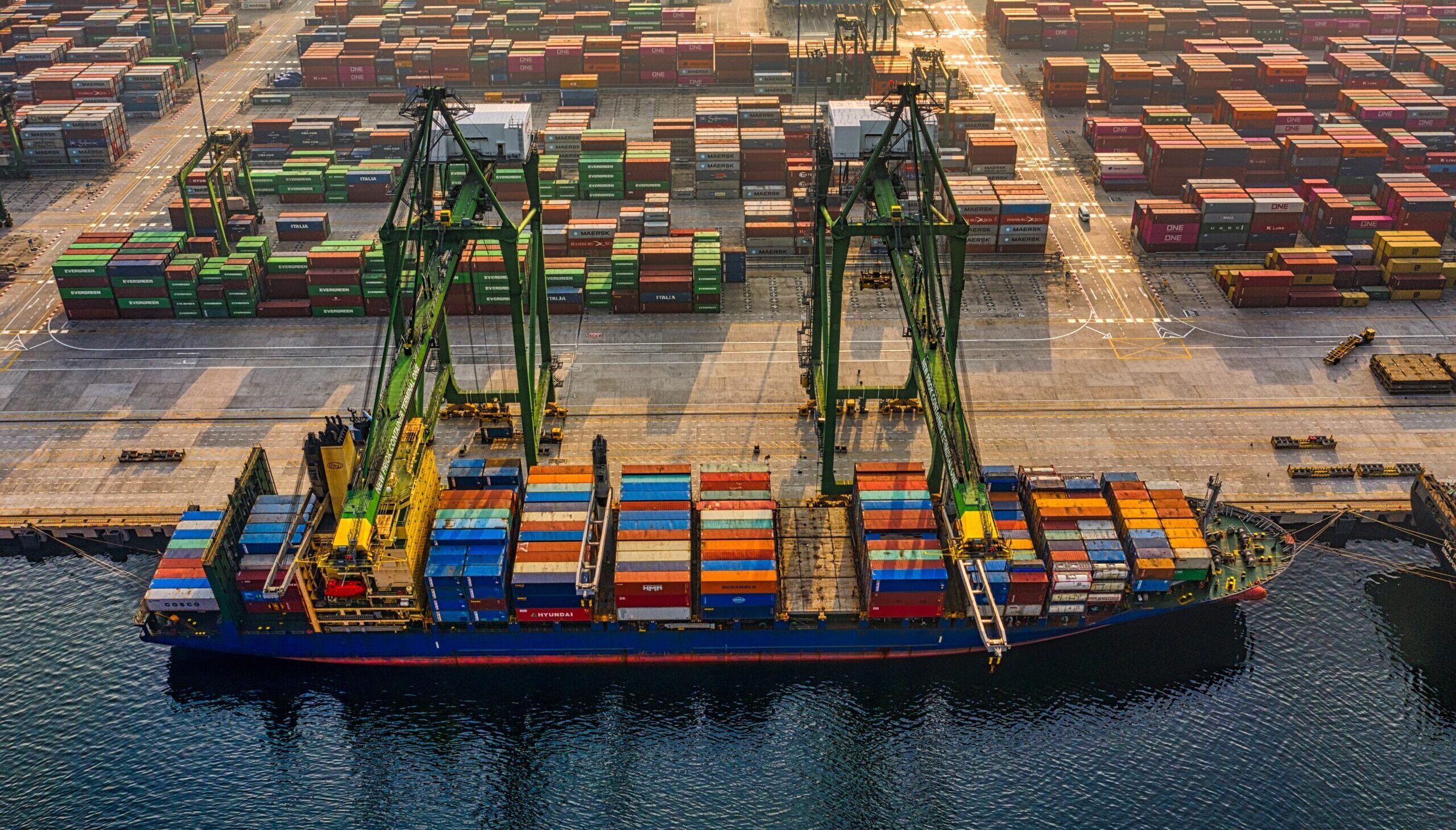knowledge center

Welcome to the Knowledge Center, where we explore how decarbonization of the shipping industry impacts the training and qualifications of your workforce.
As the global demand for sustainability grows, finding cleaner and greener solutions to power ships has become a critical priority. This section is dedicated to providing comprehensive information and resources on the latest advancements in alternative fuels and their impact on workforce training.
Explore the training and competence requirements for seafarers serving on ships subject to the International Code of Safety for Ships Using Gases or Other Low Flashpoint Fuels (IGF Code). By understanding these standards, we ensure the development of a skilled workforce capable of navigating the evolving maritime landscape.
Join us on this journey towards a sustainable shipping industry by embracing alternative fuels efficiently. Together, we can make a significant impact in decarbonizing maritime transportation and energy sectors, preserving our planet for future generations.
Ships falling under the jurisdiction of the International Code of Safety for Ships Using Gases or Other Low Flashpoint Fuels (IGF Code) encompass a range of vessels that utilize alternative marine fuels, including but not limited to LNG (liquefied natural gas), LPG (liquefied petroleum gas), Methanol, Ammonia, and potentially Hydrogen. The IGF Code outlines specific design and construction standards tailored to the distinct properties and characteristics of these fuels. Currently, the IGF Code has prescriptive requirements for LNG as a fuel (under Part A-1). Other low flashpoint fuels may also be used as marine fuels, provided they meet the intent of the goals and functional requirements of the IGF Code and provide an equivalent level of safety. This approval process is by application of the ‘Alternative design’ criteria.
To ensure safe operations, crew members on ships subject to the IGF Code must meet minimum mandatory training and competence requirements. These requirements are outlined in the IMO’s Standard of Competence, Training, and Watchkeeping (STCW), which explicitly includes provisions for specialized training of seafarers serving on such vessels. Additionally, there may be additional requirements imposed by individual flag states that both mariners and ship owners/operators must adhere to.
A research paper jointly published in November 2022 by the UN Global Compact and the International Chamber of Shipping (Mapping a Maritime Just Transition for Seafarers) projected that nearly 800,000 mariners will need to acquire enhanced skills and knowledge by 2030 to meet the crewing demands of the expanding global fleet utilizing alternative fuels. This underscores the critical need for proactive training initiatives to ensure a competent workforce capable of effectively operating ships complying with the IGF Code’s regulations.
Status of work on the safety provisions related to fuels other than LNG –
A. Interim guidelines for the safety of ships using methyl/ethyl alcohol as fuel were approved by the MSC in 2020 (MSC.1/Circ.1621).
B. Interim guidelines for ships using fuel cells were adopted in April 2022.
C. The draft Interim Guidelines for the safety of ships using liquefied petroleum gas (LPG) and the associated draft MSC circular, were approved during MSC 107 (31 May-9 June 2023).
D. Working group at the Sub-Committee is further developing draft interim guidelines for ships using hydrogen as fuel and have initiated discussion on the development of interim guidelines for the safety of ships using ammonia as fuel.
The correspondence group will report back to CCC 9 (20-29 Sep 2023). The aim is to finalize the draft interim guidelines for ships using hydrogen at that session. For ammonia, the development is ongoing, and it is expected that CCC 9 will further develop/finalize those guidelines.
IMO’s STCW mandatory minimum requirements for specialized training on ships subject to the IGF Code divide seafarers into two categories, depending on their shipboard role. Seafarers with “designated safety duties” in the care, use or in emergency response to the fuel on board must take Basic training, meeting the competence standards specified in STCW Table A-V/3-1. For US mariners, guidelines supplementing the STCW standards are provided in USCG Policy Letters CG OES 01-15 and CG MMC 01-21. Training topics to be covered under the IMO requirements and supporting USCG guidance include safety awareness based on the properties, characteristics and unique hazards presented by the low flashpoint fuel in use, health and safety precautions, and information about specific unique design features required by the IGF Code. Basic training also includes approved firefighting training that considers the hazards and methods used to extinguish fires in conjunction with the different fuels found on board. Successful completion of Basic training is a pre-requisite for Advanced training.
Masters, engineer officers and personnel with “immediate responsibility” for the care and use of fuels and fuel systems on ships subject to the IGF Code are required to meet the training and competence standards described in STCW Table A-V/3-2. In addition to the foundational knowledge attained in Basic training, seafarers in a decision-making capacity must be familiar with the physical and chemical properties of alternate fuels, be proficient in the operation of fuel and propulsion systems, safely perform alternate fuel operations, plan and monitor bunkering, prevent pollution of the environment from release of alternate fuels and ensure compliance with applicable regulations. To be issued a certificate of proficiency and endorsement on the mariners credential, 30 days of “approved” seagoing service in a training role aboard a ship subject to the IGF Code must also be completed. The trainee shall have no other duties, be under the supervision of a certificated mariner and participate in at least 3 bunkering operations during the term of seagoing service. Two to the three bunkering operations may be simulated, providing that the simulation is approved by the flag state.
Both basic and advanced training offerings, including the firefighting and seagoing service components, should be approved by the flag state of the ship subject to the IGF Code.
